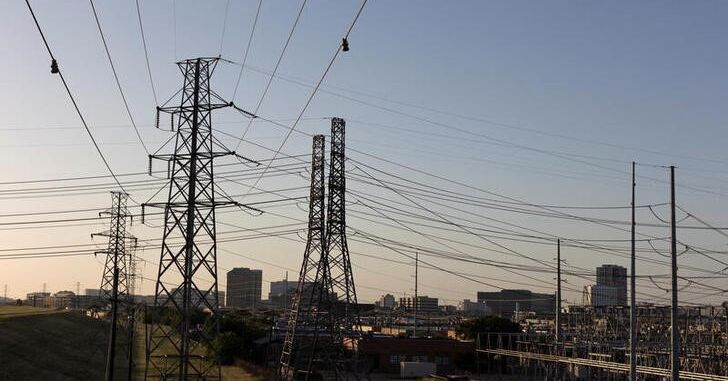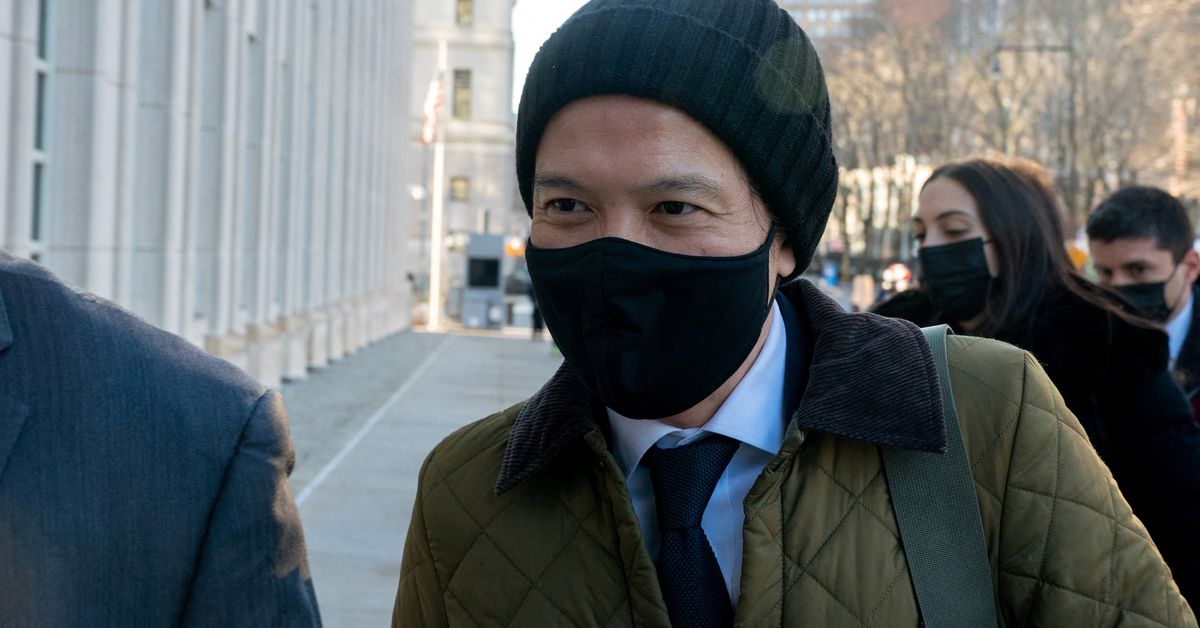Recently, China’s Top 10 Copyright Events in 2021 were selected and released by the National Copyright Administration of China (NCAC).
1. Newly amended Copyright Law Coming into Effect
The Third Amendment to Copyright Law came into effect on June 1, 2021, which was a milestone event of China’s copyright development. In response to the new demands of economic and social development and emerging expectations of the public, the amendment followed the principles of protecting rights, encouraging creation, promoting dissemination and balancing interests. The amendment improved copyright legal system, strengthened copyright protection, brought the Copyright Law in harmony with other laws, and helped implement the obligations provided for in the international copyright treaties China had joined in recent years. The amendment would serve as an important legal support for maintaining copyright order, increasing copyright governance effectiveness and promoting the prosperous development of socialist culture and science.
2.Marrakesh Treaty Ratified by NPC Standing Committee
The Marrakesh Treaty to Facilitate Access to Published Works for Persons Who Are Blind, Visually Impaired, or Otherwise Print Disabled, the world’s first and only copyright treaty to include a clear human rights perspective, was ratified on October 23, 2021 by the Standing Committee of the 13th National People’s Congress (NPC) at its 31st Session. The treaty’s ratification could better safeguard the cultural rights and interests of people with print disabilities in China by enabling them to equally appreciate works and receive education, thus facilitating the universal access to cultural achievements. Furthermore, it also created favorable conditions for providing works in accessible format to print-disabled people outside China and further expanding the overseas coverage of excellent Chinese works.
3. Judicial Protection of Copyright Strengthened
The Amendment (XI) to Criminal Law came into effect on March 1, 2021. In the Amendment, criminal protection was introduced for rights of communication through information network and performers’ rights, and the upper limit of statutory penalties for two crimes involving copyright infringement was raised to 10 years’ imprisonment for copyright infringement and 5 years’ imprisonment for selling infringing copies. On March 3, 2021, the Interpretation on the Application of Punitive Damages in Civil Cases of Infringement of Intellectual Property Rights was issued by the Supreme People’s Court to guide local courts to accurately apply punitive damages and punish serious infringements of intellectual property rights. The implementations of the Amendment and judicial interpretation are of great significance for maintaining copyright order by further strengthening the judicial protection of copyright.
4. Copyright Work Plan for 14th FYP Period Released by NCAC
The Sixth Plenary Session of the 19th CPC Central Committee incorporated into its resolution strengthening the creation, protection and utilization of intellectual property rights, reflecting the Party’s great emphasis on intellectual property development. In order to fully implement the guiding principles from General Secretary Xi Jinping’s major speech on intellectual property work and conscientiously put in place The Outline of National Intellectual Property Strategy (2021–2035) and The National Plan for Intellectual Property Protection and Utilization during the 14th Five-Year Plan (FYP) Period, NCAC strengthened the top-level design of copyright work and released The Copyright Work Plan for the 14th FYP Period on December 24, 2021, which sets out the guiding thought, basic principles, development goals and key tasks for copyright work during the 14th FYP period. This has provided important copyright support for comprehensively implementing the Party Central Committee’s major plans on intellectual property work, and building China into a country strong in innovation, culture and intellectual property.
5. Copyright Enforcement and Supervision Focused on New Business Models and New Sectors
In 2021, copyright law enforcement and supervision authorities actively responded to copyright challenges in new business models and new sectors, and explored new methods and paths for copyright protection. NCAC Copyright Department, in cooperation with relevant authorities, launched a focused campaign to combat theatrical movies piracy and dissemination and strengthened social governance mechanism for the copyright protection of theatrical movies. NCAC and other authorities launched the “Jianwang 2021” Campaign, which prioritized copyright protection in short video, live webcast and sports events, and included Tokyo Olympic Games programs in the 2021 pre-warning list of copyright protection for key works. The 2021 National Conference on Copyright Protection and Development in Digital Environment focused on the latest issues of copyright protection and development, showcased the achievements of copyright protection and promoted the development of copyright industries.
6. Copyright Market Order of Digital Music Industry Maintained
In July 2021, the State Administration for Market Regulation issued an administrative penalty decision against Tencent Holdings Ltd., ordering Tencent and its affiliated companies to restore market competition by terminating exclusive license of music copyright within 30 days, discontinuing the payment of copyright fees such as high prepayments, and not demanding of upstream copyright holders conditions that give competitive advantage without reasonable grounds. The decision would help reshape the competition order by providing all players with opportunities to compete fairly in relevant market. NCAC had been promoting the healthy and orderly development of digital music industry by guiding all parties to improve the copyright licensing model, build good market ecology, effectively resolve copyright disputes through negotiation and mediation, and refocus their copyright operation on encouraging originality and improving user experience.
7. Copyright Market Order of Karaoke Industry Regulated
The Notice on Regulating Copyright Market Order of Karaoke Industry was released by NCAC together with the Ministry of Culture and Tourism on April 2, 2021. The notice provides for eight measures to regulate collective management in karaoke industry, such as clearing copyright through collective management, and implementing a two-in-one copyright licensing mechanism. The notice, as an important step to further supervise and improve copyright collective management, is of great significance for protecting the legitimate rights and interests of right holders, and facilitating the legitimate use of copyrighted contents and the healthy development of the industry.
8. The 8th China International Copyright Expo Held in Hangzhou
The 8th China International Copyright Expo was successfully held in Hangzhou, Zhejiang Province in October 2021, with over ten side events including the presentation of WIPO-NCAC Copyright Awards. The Expo fully remonstrated the achievements of China’s copyright endeavors and served as an important platform for copyrighted works exhibition, copyright exchange and trade. During the Expo, the Exhibition Marking the 30th Anniversary of the Implementation of the Copyright Law was organized by NCAC to celebrate the centenary of the founding of the Communist Party of China. The exhibition comprehensively reviewed the significant achievements in copyright legislation, protection, industry development and international exchange and cooperation in the past 30 years under the leadership of the Party.
9. Wujiang Model of Copyright Protection Promoted Worldwide
On October 16, 2021, the plaque awarding ceremony of WIPO Case Study of Best Practice in Copyright Protection for Wujiang Silk Industry & the book release ceremony of Copyright as an Enabler for the Growth of Silk Industry: A Study of Copyright Protection and High-quality Development of Silk Industry took place in Hangzhou, marking a successful conclusion of the case study. After “Nantong Model” and “Dehua Model”, the “Wujiang Model” of enabling the growth the silk and textile industry through copyright protection is another example of increasing China’s international influence of copyright administration and contributing China’s share to improving global copyright governance. WIPO values this case study a lot and promotes the study results worldwide through its channels.
10. Verdict Announced for Copyright Infringement Case of Renren Yingshi Subtitle Group
The first instance verdict was announced for the case of Liang Yongping’s alleged copyright infringement during the public hearing by the Shanghai No. 3 Intermediate People’s Court on November 22, 2021. According to the verdict, the defendant Liang Yongping was convicted of copyright infringement and sentenced to three years and six months in prison and a fine of 1.5 million yuan, with the illegal proceeds recovered and the impounded property that had been used for the crime confiscated. The verdict that holds Renren Yingshi Subtitle Group criminally liable clarified the nature of subtitle groups’ translation of film and TV works, and demonstrated China’s determination to combat copyright infringement and piracy and strengthen copyright protection.
http://english.ipraction.gov.cn/article/ns/202204/374785.html








